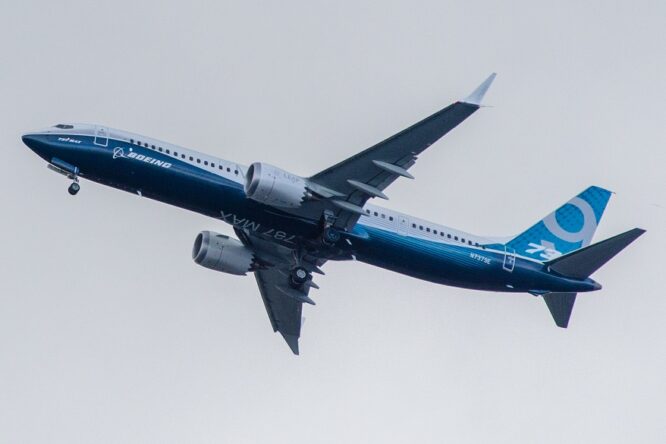To the attention of the Representatives from all the world’s governments attending the Climate Change Conference in Glasgow
Dear Sir/Madam,
I am the President of the Association of Doctors for the Environment- Italy, a member association of the International Society of Doctors for the Environment (ISDE).
The main purpose of ISDE is to help defend our environment both locally and globally to prevent illnesses, ensure the necessary conditions for health, and improve the quality of life.
Even the recent, and in many respects predictable, Covid pandemic, has tragically and painfully highlighted once again how important it is to safeguard the environment in order to protect human and all species health inhabiting the planet.
The spreading of the virus Covid-19 can be also interpreted as a sort of reaction – one among others – to the stress condition led to the planet by exploitation and environmental devastations. Therefore, to prevent even new similar events, we must certainly act against the loss of biodiversity, the alteration of the habitats, and the climate changes, encouraging industrial and agricultural production processes based on circular economy, with the use of true renewable energy sources and with a new type of mobility and healthier individual and collective lifestyles.
It is an already acclaimed fact that air transportation, because of its harmful emissions, contributes in a major share to climate changes.
In the light of this awareness, we have set up, more than ten years ago, a specific study group on “Air transport as a factor of environmental pollution and health risk”, coordinated by Dr. Antonella Litta.
Air traffic is in fact a major source of particulate matter and greenhouse gases emissions and contributes strongly not only to climate change and air pollution, but also to acoustical and electro-magnetic pollution, as shown by an increasing number of articles and scientific research.
During the last decades, air traffic has recorded an almost constant growth ― except for periods of lockdown due to the Covid-19 pandemic ― especially in the freight sector and low-cost flights related to the so-called “hit-and-run” tourism, thus determining a significant increase of its negative impact on the environment, especially in terms of air and acoustic pollution, and a major contribution to climate change.
According to the European Aviation Environmental – EAE report 2019 ― https://ec.europa.eu/transport/sites/default/files/2019-aviation-environmental-report.pdf the number of flights increased by 8% between 2014 and 2017, and further growth by 42% is expected from 2017 to 2040. Always according to this report, by 2040, CO2 and NOX emissions are expected to increase by at least 21% and 16%, respectively.
On 29th October 2016, ISDE-Italy promoted in Florence the First National Study Day on Health and Environmental impact of aviation. The aim of this Study Day was to bring to the national and international attention the results of decades of scientific research, namely that air transportation contributes significantly to climate changes, and that airport facilities with related activities are considerable sources of environmental pollution and represent a concrete health risk for people living near airports and for the same workers.
Even Pope Francis, in his speech to the people attending the meeting on “Economy of Communion” on 4th February 2017, stressed: “Aircraft pollutes the atmosphere but, with a small part of the cost of the ticket, they will plant trees to compensate part of the damage created”.
Unfortunately, no concrete and binding restriction regarding the urgent need to reduce air transportation have come since the Kyoto protocol, nor since the most recent international climate conferences (i.e., Paris COP 2015, Marrakech COP 2016, Katowice COP 2018, Madrid 2019), and this the reason why it becomes more difficult to achieve the purpose to limit the increase of the average global temperature within 2°C compared to global temperature levels of the preindustrial period.
We should also underline that air quality improvement plans drawn up in major cities in Europe, USA and Asia, do not yet include the reduction and rationalisation of air traffic within the measures to counteract air pollution and climate change.
For the above-mentioned, we believe that the countries attending the next Climate Change Conference should lay down national and international programmes for the reduction and rationalization of air transport in order to counteract concretely climate change and to limit health risk for exposed communities.
For these reasons, please find here enclosed some scientific contributions on this topic. The article “Air transport and climate” gives a particular framework of the problems caused by air transport in Italy.
Furthermore, we call your attention on the recent publication “Pulire l’aria. La vergogna di volare” (Cleaning the air. The shame of flying), Libreria Editrice Fiorentina, Florence 2020, available for now only in Italian language. We also attach a relevant international bibliography on this topic.
In consideration of what we have hereby said, ISDE Italy strongly hopes that the next Climate Change Conference (UNFCCC COP 26) in Glasgow next November will lead to relevant and concrete decisions binding all participating countries to reduce the climate-altering emissions produced by air transport.
Many thanks for your attention
Yours faithfully,
Dr. Roberto Romizi
President of the Association of Doctors for the Environment
ISDE – Italy






